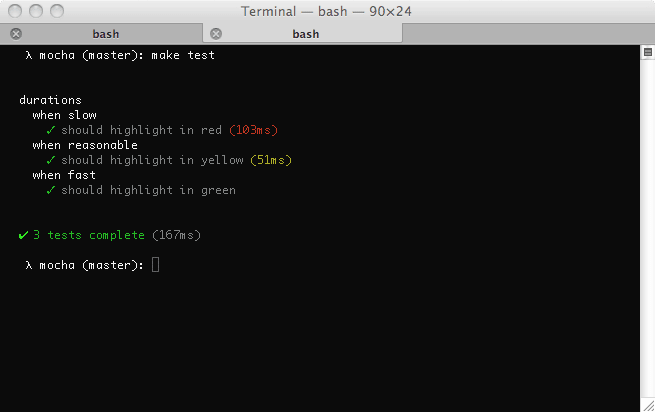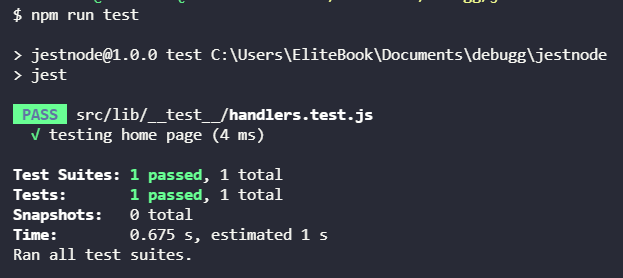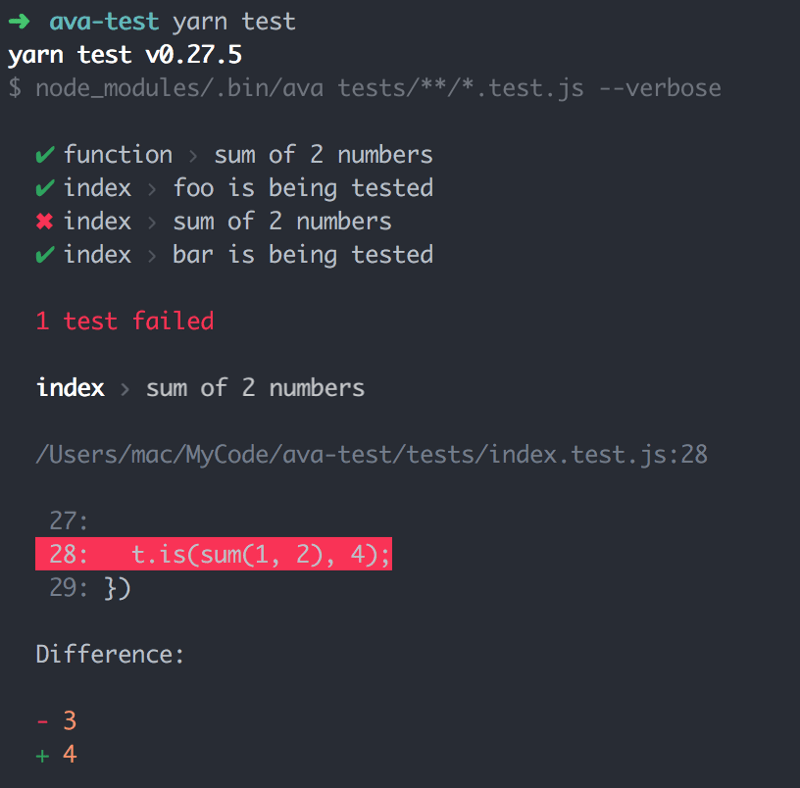Testing and debugging are critical aspects of developing Node.js applications. Proper testing ensures the reliability, functionality, and performance of your code, while debugging helps identify and fix issues during development. In this article, we will explore essential tools and techniques for testing and debugging Node.js applications. By mastering these practices, you can streamline your development process and deliver high-quality software.
Writing Test Cases:
Before diving into testing tools, it's crucial to emphasize the importance of writing comprehensive test cases. Well-designed test cases help verify the functionality of individual components, detect regressions, and ensure code stability. Consider covering the following areas:
Unit Testing: Use frameworks like Mocha or Jest to write unit tests that target specific functions or modules.
Integration Testing: Test the interaction between various components of your Node.js application, including databases and external services.
End-to-End Testing: Develop automated tests that simulate real user scenarios to validate the overall behavior of your application.
Testing Frameworks:
Node.js offers a wide range of testing frameworks to choose from. Discuss a few popular options:
Mocha: A flexible and widely adopted testing framework that supports both synchronous and asynchronous testing.
Jest: Known for its simplicity and ease of use, Jest is an all-in-one testing framework that provides built-in mocking and code coverage features.
Ava: Focusing on parallelism and performance, Ava is a lightweight testing framework with concise syntax and powerful assertion capabilities.
Debugging Tools:
When encountering issues during development, effective debugging is crucial for identifying and resolving problems. Highlight some key debugging tools and techniques:
Node.js Debugger: Built into Node.js, the debugger allows you to set breakpoints, inspect variables, and step through your code.
Chrome DevTools: Debugging Node.js applications can be done through the Chrome browser using the DevTools, providing a familiar interface for frontend developers.
Visual Studio Code: An integrated development environment (IDE) like VS Code offers powerful debugging capabilities, including breakpoints, variable inspection, and step-by-step execution.
Logging and Error Handling:
Proper logging and error handling are invaluable for troubleshooting and maintaining code quality. Discuss best practices such as:
- Utilizing logging libraries like Winston or Bunyan to capture relevant information during runtime.
- Implementing structured logging to facilitate analysis and filtering.
- Employing centralized error handling techniques to catch and handle exceptions consistently across your application.
Continuous Integration and Test Automation:
Integrating testing into your development workflow is crucial for maintaining code quality and reducing manual effort. Explain the benefits of continuous integration (CI) and test automation:
- CI platforms like Jenkins, Travis CI, or CircleCI can automatically trigger tests whenever code changes are pushed to the repository.
- Utilize tools like Puppeteer or Selenium for automating end-to-end tests, ensuring consistent results and reducing the risk of human error.
Testing and debugging Node.js applications are indispensable for building robust and reliable software. By understanding the tools and techniques discussed in this article, you can streamline your development process, identify and fix issues efficiently, and deliver high-quality Node.js applications. Remember to adapt these practices to your specific project requirements and always strive for thorough testing and meticulous debugging to ensure the success of your Node.js projects.






Top comments (0)